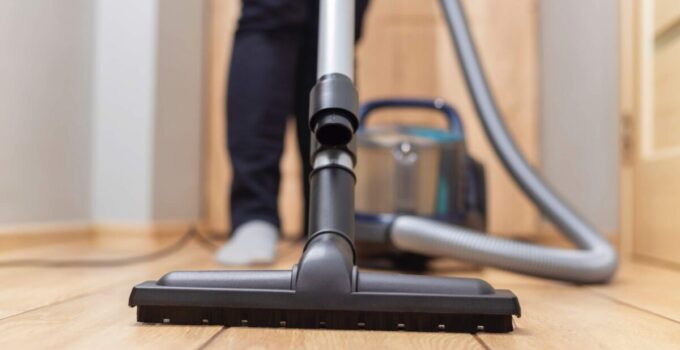This recent Employment Relations Authority decision is a wake-up call for employers who rely on “casual” arrangements. It shows that what happens day-to-day can override what is written in the Employment Agreement.
Bullying Claims When Managing Performance

A recent Employment Relations Authority (ERA) decision provides employers some reassurance when dealing with performance issues. In Lowings v Vice-Chancellor of the University of Canterbury, the ERA found the university acted fairly in dismissing an employee for poor performance – despite the employee’s claims of bullying and procedural errors.
The employee, a technician with over 20 years’ experience, joined the university in 2017. Things started smoothly, but by 2021, Mr Lowing’s new manager began raising concerns about his work. The employee, in turn, claimed he was being bullied and formally complained. He also objected to changes in reporting lines and the appointment of his manager, arguing these were unfair and he was not consulted.
The employer told Mr Lowings that he did not have sufficient evidence of bullying and said a formal investigation was not required. The employee responded asking that his complaint be investigated. From that time Mr Lowings started to work from home.
The University proposed a temporary change in reporting lines back to the Technical Services manager while it discussed Mr Lowing’s concerns with the manager and arranged external mediation. The University also gave Mr Lowings the option of returning to work if he preferred and the matter would not be discussed with his manager. The employee responded that he thought the University was trying to disregard his complaint.
The employer engaged a law firm to review the employee’s complaint. The law firm advised the employee it was unlikely his complaints amounted to bullying. In November 2022, the employer advised the employee that he would revert back to reporting to his manager.
Performance issues persisted, so the university initiated a Performance Improvement Plan (PIP). They set clear expectations, had regular reviews, provided technical support, had union involvement, and provided extensions to give the employee more opportunity to meet the standards. Despite this, the employee struggled, completing just 10 of 29 tasks in the first month of the PIP.
After months of support and warnings, the university dismissed Mr Lowings in late 2023. He raised a personal grievance for unjustified dismissal and unjustified disadvantage based on the filling of the manager’s position without it being advertised, changing the employee’s reporting line without consulting him, bullying him and putting him on a performance improvement plan (PIP).
The Authority ruled the dismissal was justified, the claim about the appointment of the manager was out of time[1], the employee was not bullied, and the PIP process was fair and reasonable throughout.
The key aspects of the PIP process highlighted by the ERA were that:
- The employer appointed someone to manage the employee during the PIP process who was able to provide daily technical support and guidance. This was not the manager Mr Lowings accused of bullying him.
- It gave the employee and the union the opportunity to have input into the PIP process.
- The PIP document set out clearly the performance issues, identified standards, when targets were to be achieved, and the training and support that was to be provided.
- The employer set up weekly review meetings and gave the employee a report after each meeting.
- It set up monthly review meetings and notified the employee of any ongoing concerns.
- It extended the PIP to take account of the employee’s leave and to give him a further opportunity to improve.
Key takeaways for employers:
- Document everything: From complaints to performance reviews, a clear paper trail matters.
- Follow fair process: The university’s structured PIP and external review of bullying claims were instrumental.
- Act reasonably: The ERA noted the employer gave the employee multiple chances and support to improve.
This case is a good example of how to manage performance concerns and reassurance that if you follow a good process, you can justifiably dismiss a non-performing employee. If you’re facing a similar situation, it’s worth reviewing your processes and calling us early for advice.
[1] An employee must raise a personal grievance within 90 days, beginning with the date on which the alleged action occurred or came to the notice of the employee, whichever is later. (Note: A sexual harassment claim must be raised within 12 months.)


